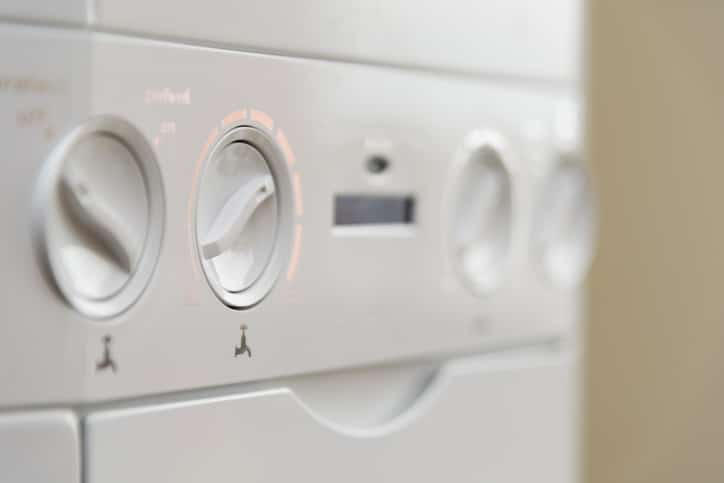Replacing your boiler is a significant investment, but it can also be a great way to improve your home’s comfort, efficiency, and value. But how do you know when it’s time to replace your old boiler, and what should you consider when choosing a new one? Let’s explore.
When Should You Replace Your Boiler?
Several signs indicate that your boiler might be nearing the end of its life:
- Age: Most boilers have a lifespan of 10-15 years. If yours is approaching this age, it’s time to start thinking about a replacement.
- Frequent breakdowns: Constant repairs can be costly and inconvenient. A new boiler might be a more economical long-term solution.
- Rising energy bills: If your energy bills have increased significantly, an inefficient boiler could be the culprit.
- Lack of hot water: Insufficient hot water or inconsistent temperature can be frustrating and is often a sign of boiler problems.
- Strange noises: Unusual sounds, like banging or gurgling, can indicate issues that require professional attention.
What to Consider When Choosing a New Boiler
Replacing your boiler involves several important decisions:
- Boiler type: The type of boiler you choose depends on your home’s size, layout, and hot water needs.
- Combi boilers: Heat water on demand and provide central heating. Ideal for smaller homes.
- System boilers: Use a storage cylinder for hot water but are more efficient than traditional boilers.
- Conventional boilers: Use a separate hot water cylinder and are typically found in older homes.
- Boiler size: A boiler that’s too small will struggle to meet your needs, while one that’s too large can be inefficient. A professional can help you determine the right size.
- Energy efficiency: Look for boilers with high efficiency ratings (ErP). These models can significantly reduce your energy bills.
- Installation: Ensure you hire a Gas Safe registered engineer for the installation. A professional will also advise on any necessary pipework or radiator upgrades.
- Cost: Consider the initial cost of the boiler, as well as ongoing running costs. Energy-efficient models might have a higher upfront cost but could save you money in the long run.
- Warranties: A good warranty can provide peace of mind. Check the length of the warranty and what it covers.
Replacing your boiler is a big decision, but with careful planning and expert advice, you can choose the right system for your home and enjoy the benefits of improved comfort and efficiency.
Need help choosing the right boiler for your home? Our experienced heating engineers can provide expert advice and a free quote. Contact us today to book your consultation.
Would you like to add more specific information about boiler maintenance or troubleshooting? Contact us today.
